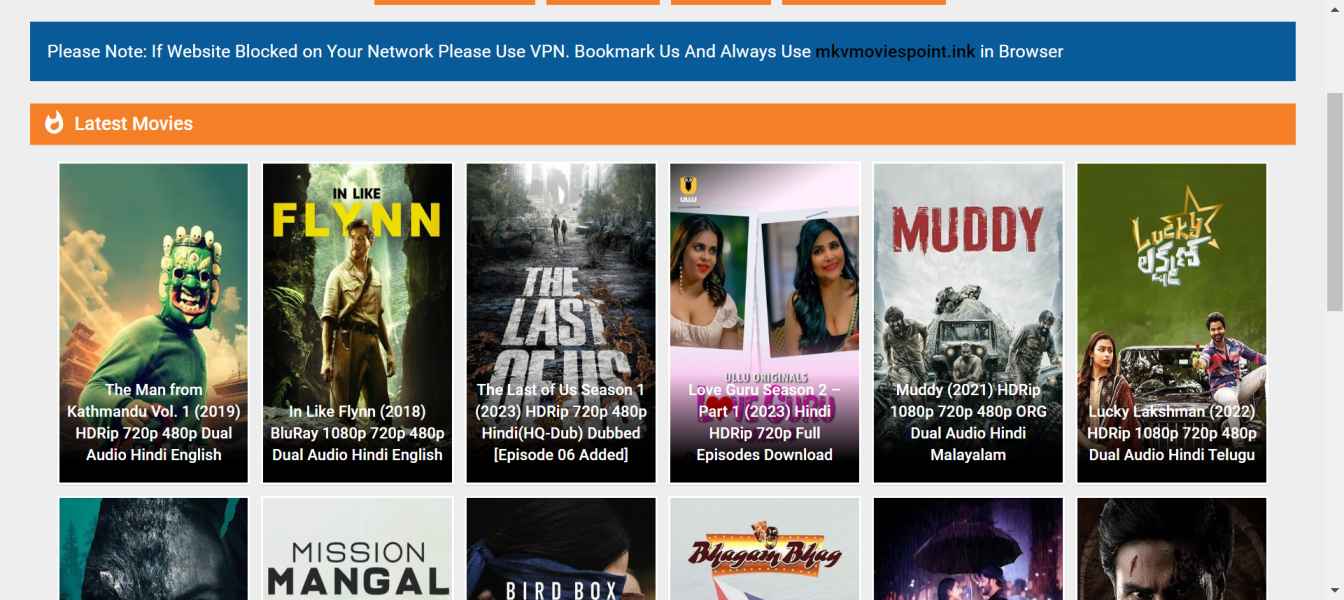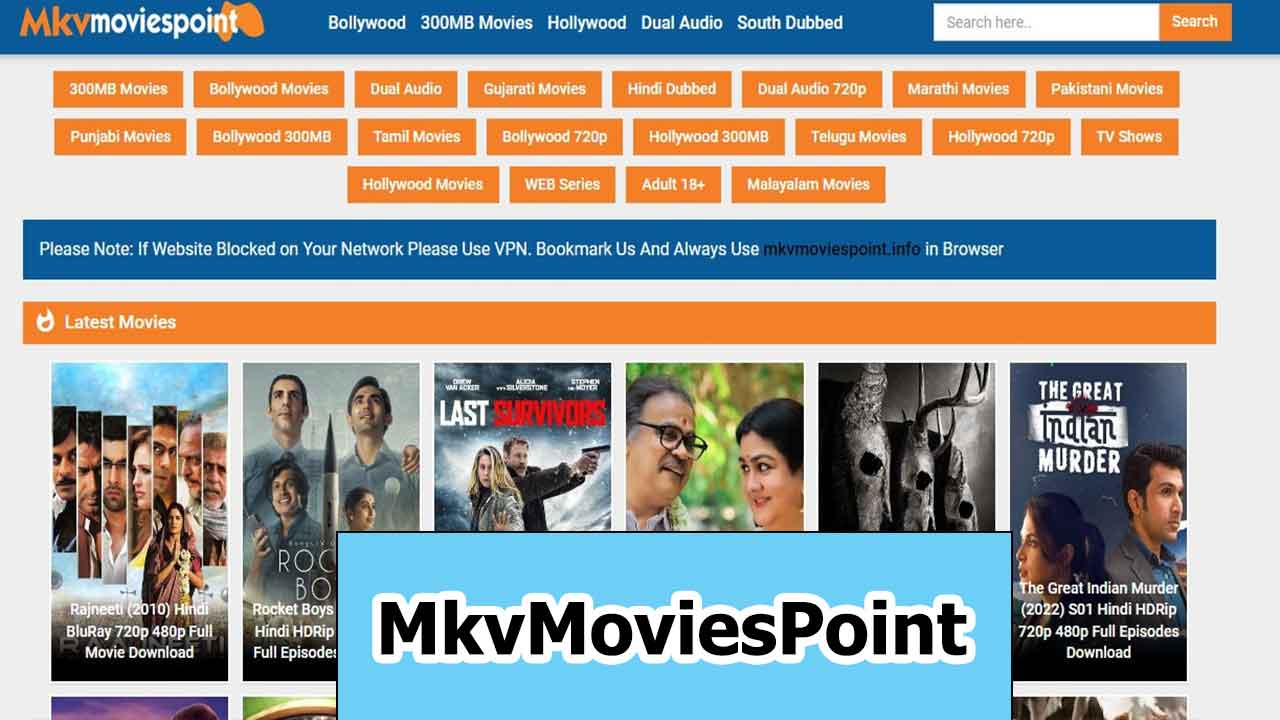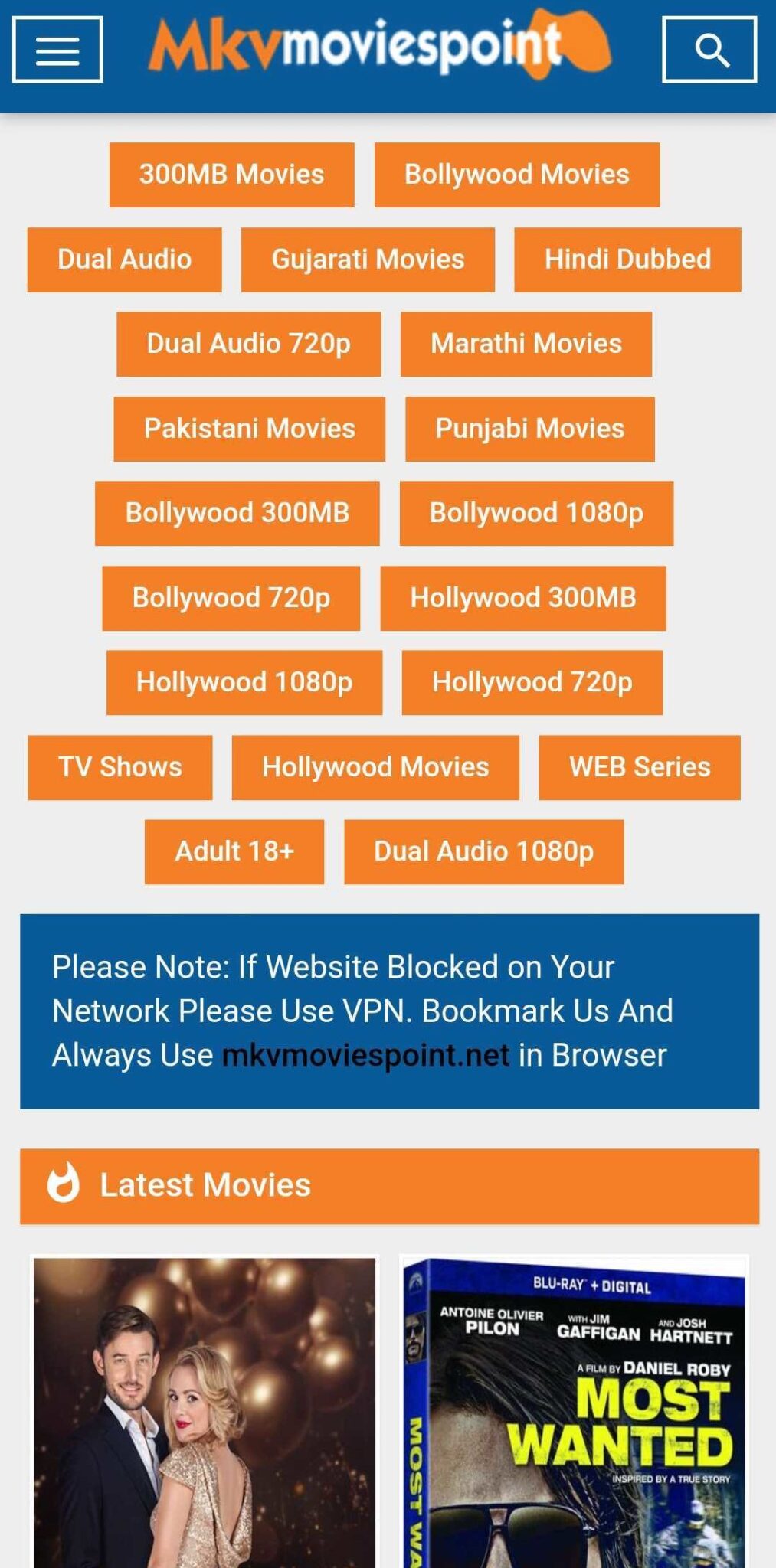MKVmoviespoint: Free Movies & TV - Watch Now & More!
Is the world of streaming entertainment truly free, or are there hidden costs beyond the monthly subscription? The allure of platforms like MKVmoviespoint, promising instant access to a vast library of movies and TV shows without demanding a dime, presents a compelling alternative to the established giants like Netflix and Amazon Prime. This model, however, raises questions about sustainability, legality, and the long-term viability of such services.
The digital landscape is constantly evolving, with new platforms emerging and old ones adapting. The appeal of no-cost entertainment is undeniable, particularly in a world where subscription fatigue is becoming increasingly prevalent. People are looking for ways to watch movies online from their favorite studios like Disney, Fox, Sony, Universal, and Warner Bros. The ability to connect digital accounts and import movies from platforms like Apple iTunes, Amazon Prime Video, Fandango at Home, Xfinity, Google Play/YouTube, Microsoft Movies & TV, Verizon Fios TV, and DirecTV showcases the ever-increasing options available to the viewer. But what happens when a platform like MKVmoviespoint, steps in and offers what seems to be a too-good-to-be-true service?
In this instance, MKVmoviespoints offering is a library categorized for ease of navigation, but the core offering remains the same: free, readily accessible content. The downloading process itself is described as simple, with clear steps to guide users. But how does this stack up against the giants of the streaming world, and what implications does its existence have for the future of entertainment consumption? Is it a boon to the casual viewer, or a harbinger of disruption that may not be sustainable in the long run? Let's examine the details:
| Feature | MKVmoviespoint | Typical Subscription Streaming Services (e.g., Netflix, Amazon Prime) |
|---|---|---|
| Cost | Free | Paid subscription (monthly/annual) |
| Account Required | No | Yes |
| Content Access | Instant | Varies based on subscription level, potential for extra cost for premium content |
| Content Library | Vast, but may have limitations or focus on specific types of content like Indian film releases. | Extensive and diverse, with original programming, and licensed content. |
| Platform Availability | Computers, laptops, smartphones, and tablets. | Computers, laptops, smartphones, tablets, smart TVs, gaming consoles, etc. |
| Legal Considerations | Potentially questionable; likely operates in a legal grey area due to copyright. | Licensed content; legal and authorized access. |
| Features | Basic streaming and downloading options. | Advanced features, including personalized recommendations, profiles, and offline downloads. |
The core of MKVmoviespoints value proposition lies in its zero-cost access. Unlike platforms such as Netflix and Amazon Prime Video, which charge monthly fees for their services, MKVmoviespoint eliminates this barrier. This free access makes it an attractive option for those who want to consume entertainment without the financial commitment of a subscription. However, the absence of subscription fees brings to the fore some important questions. How can it function financially? Where does the content originate, and are the rights to it appropriately managed? Understanding the economics and legalities of such platforms is crucial to evaluating their long-term viability and ethical implications. The site offers a vast library with the latest releases from the Indian film industry. But how does that content arrive on this site? And is this model sustainable in the long run?
The structure of MKVmoviespoint, its categorization, and its downloading procedures provide a sense of user-friendliness. Downloading movies is presented as a streamlined process, with clear instructions designed to guide users. In the era of on-demand entertainment, user experience is a significant factor, and MKVmoviespoint, by offering content through categories and simple download steps, recognizes this aspect. The platform's accessibility on various devices, including computers, laptops, smartphones, and tablets, further enhances its appeal by providing convenience and allowing users to consume content on their preferred devices. However, the question of legal acquisition comes into play. Is the convenience offered by the platform worth potentially exposing oneself to legal risk? The lack of any registration requirement also raises concerns about content regulation and copyright enforcement.
The absence of account creation or subscription prerequisites sets MKVmoviespoint apart from many streaming services, which usually necessitate user registration. This approach lowers the barriers to entry, allowing all users instant access to its complete library. However, the platform's ability to provide this free and easy access also raises questions. How does MKVmoviespoint support its operations? What type of resources are used for its content? Does its existence influence the industry of movie distribution and entertainment as a whole? The lack of registration can also cause issues of privacy and security. With little to no user information collected, it makes it difficult to trace illegal actions or breaches of terms of service.
The emergence of MKVmoviespoint, and platforms like it, is indicative of a larger trend: the public's growing appetite for on-demand entertainment that does not come at a cost. The ability to access movies anytime and anywhere is a powerful driver of consumer behavior, and MKVmoviespoint appears to answer this demand. It offers a wide range of movies and television shows. However, by not adhering to traditional distribution models, it may be indirectly supporting the infringement of copyright. This raises complex questions about the future of content creation, distribution, and consumption, and whether current legal frameworks are sufficient to regulate the digital entertainment landscape.
MKVmoviespoints existence raises questions about the future of entertainment, particularly the role of free streaming platforms and their long-term impact on the industry. It represents a counterpoint to subscription-based models, indicating the public's desire for free access to entertainment. The platform's ability to provide access to movies and television shows without demanding user registration or subscription payments presents an accessible option. Its influence, along with the proliferation of similar sites, could reshape the way consumers engage with content, the methods of content monetization, and the legal frameworks that govern digital media. The platforms popularity underscores the need to consider the legal, ethical, and economic implications of free streaming services. As technology evolves, a greater understanding of these platforms is required to make informed decisions about content consumption and the future of entertainment.


